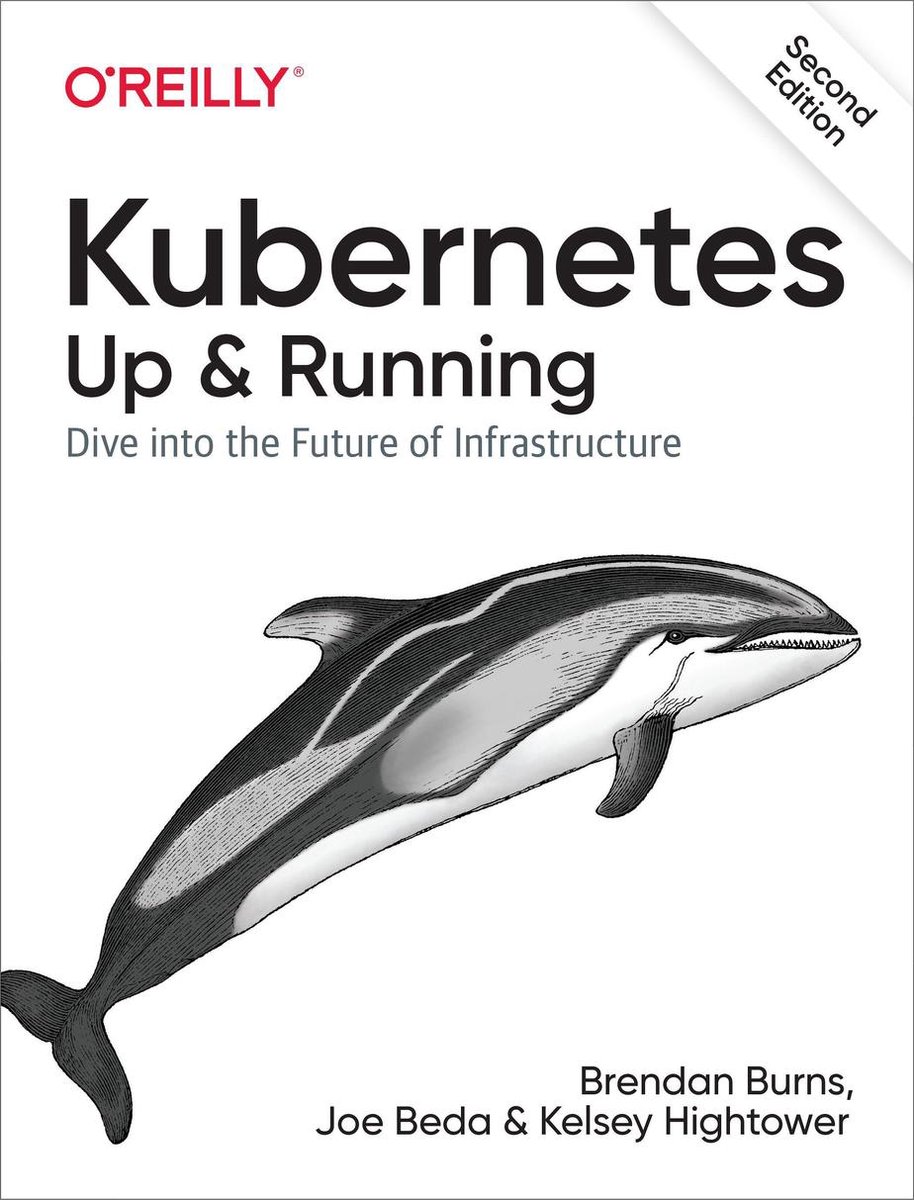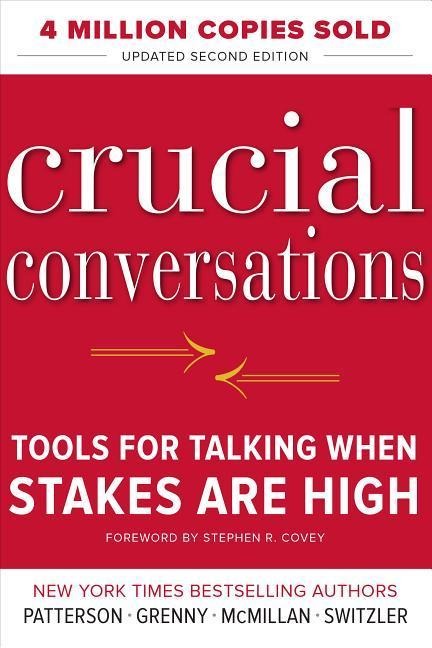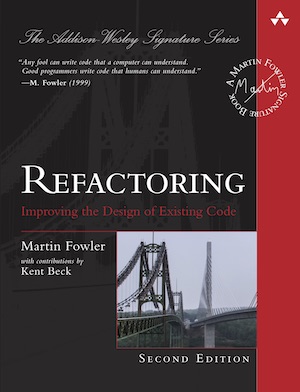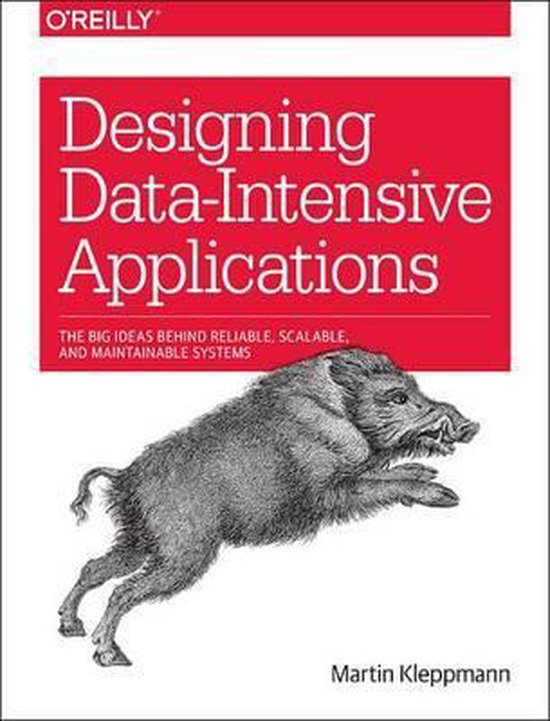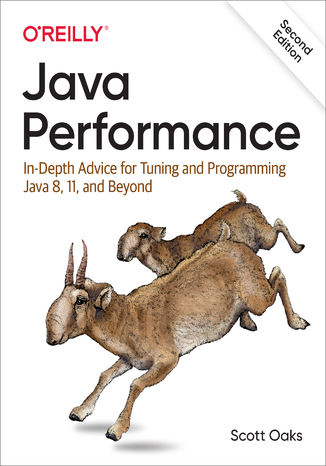As I had plenty of time during my last vacations and thanks to the COVID-19 pandemia I've spend most of it on reading various non-technical books that were relatively easy to read and I could finish each of them easily in one or two days.
Simple Habits for Complex Times

Honestly, I have no idea what this book is about. After completing it I barely remember anything.
Thinking fast and slow

Frankly, I really liked how easy was to read this book. Did I learn anything valuable from it? Not really.
The essential art of war

This was a re-read of the book I first opened more than a decade ago. Even though this particular issue had annotations with contemporary examples I could find it any helpful. The Chinese warlord from BC times didn't touch my feelings this time, even though I still have my first paper version which means that it was more touchy for me in the past.
The Stress Code: From Surviving to Thriving
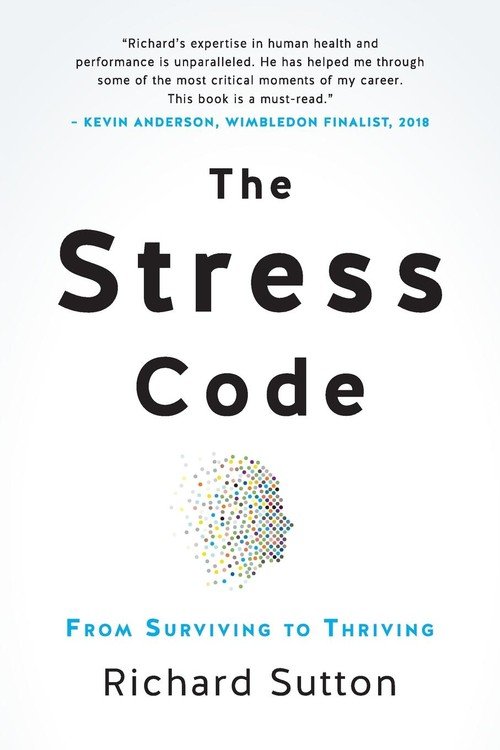
Nothing new, but a great overall guide if you struggle with overcoming stress at your work or life.
Too Smart

Great read if you want to become paranoid and understand that we're living in an antiutopia now. Technocraties everywhere, your data is sold and bought at every corner. Shouldn't be read by anyone who's relatively tech savvy, you'll find it funny as hell. Good for protesters and rioters.
The intelligent investor

Neverdying classics, which once again proves and the core principals of investing have not changed for centuries.
The Courage Map
In overall, a grat book! Very motivational and with practical examples.
Mind Hacking
This book is an example of what happens when a technical person tries to write a non-technical book. During the first half of it I was forcing myself to continue reading and only in the middle of it I could find any value. Lots of cool technical buzzwords, not recommended to anyone really technical.
My Morning Routine
The opposite of what I expected, just a compilation of morning routines of various people whom I never heard of before reading this book.
Eat That Frog
Again, this was a re-read. The message of this book is stil valid after all these years.
Cracking the leadership code
Good book. I really liked the part on empathy and how important it is to listen to other people. Very practical.





